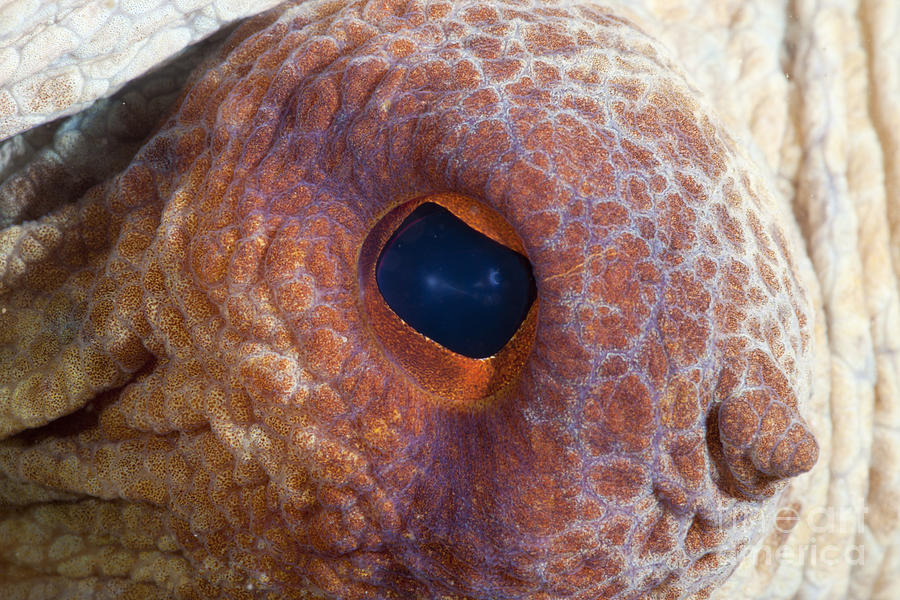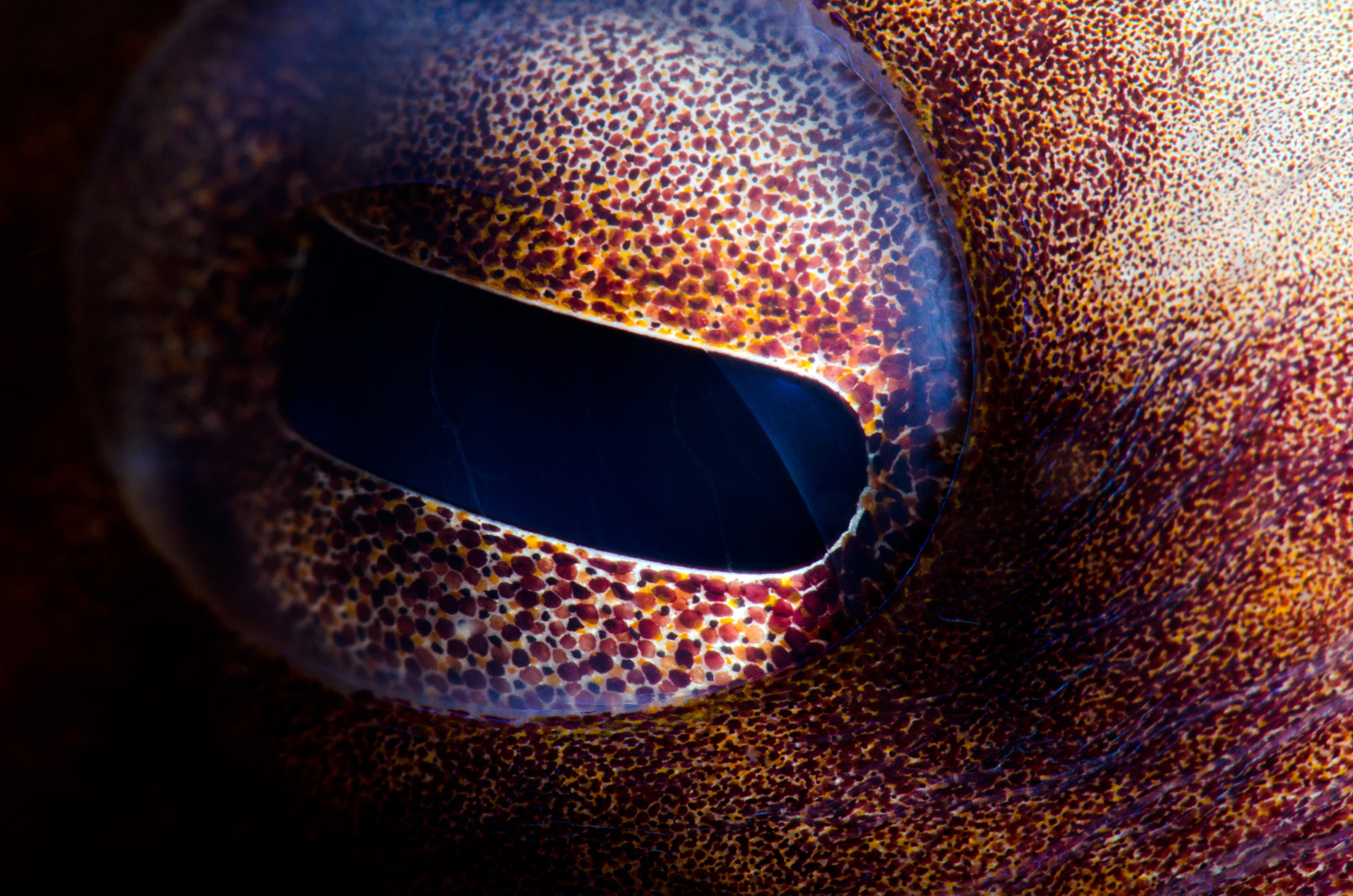
The octopus can also squeeze through any hole that's not smaller than its beak, the only hard part of its body. And their soft bodies can squeeze into impossibly small cracks and crevices where predators can't follow. Evasive Behaviorįast swimmers, they can jet forward by expelling water through their mantles. The ink even contains a substance that dulls a predator's sense of smell, making the fleeing octopus harder to track. When discovered, an octopus will release a cloud of black ink to obscure its attacker's view, giving it time to swim away. Predators such as sharks, eels, and dolphins swim by without even noticing it. Using a network of pigment cells and specialized muscles in its skin, this invertebrate can almost instantaneously match the colors, patterns, and even textures of its surroundings. Its first-and most amazing-line of defense is its ability to hide in plain sight. But by far the most striking characteristic of the octopus is the wide array of techniques it uses to avoid or thwart attackers. When they are faced with the smell of certain foods they can already tell if it is something they want to pursue or avoid.The common octopus would be unique for its appearance alone, with its massive bulbous head, large eyes, and eight distinctive arms. For example, they remember what foods taste good and those that don’t. The fact that they are also very intelligent allows them to gain even more from their senses. The use of senses is very important to the overall survival of the Octopus. They more than make it up with all of the other senses that they have. Even though they are deaf they still are able to function very well. They have no external body parts or internal mechanisms for hearing. They don’t have any ability to hear at all which is why they also don’t use vocalization. They do have the ability to grow it back though.Ī sense that the Octopus doesn’t rely on is hearing. At times though they have to give up one in order to break free from a predator. Since their arms are such a valuable part of their senses, they try to do all they can to protect them. Some of them are able to smell much better than others. The abilities of this particular sense though do vary based upon the specific species. They are able to smell predators from quite a distance and that gives them the chance to move to safer locations. The earliest octopus fossil is Pohlsepia, which swam the oceans 296 million years ago. Three hearts, a massive brain, and blue blood, they navigate unlike anything else. Read Or Listen To The Article Click Here. The fact that they are very curious animals is also part of the reason why they rely upon their sense of smell so much. They are being able to smell what could be lurking in that area by doing so. This is why they are often seen sticking one arm into crevices. Octopus are able to smell as well due to sensors at the ends of their arms. Even when they are very hungry they would often prefer not to eat than to eat something that they won’t like the taste of. They have been observed passing up various types of food due to the fact that they remember the taste wasn’t appealing to them. This is why they are very picky when it comes to the food sources that they will consume. They are able to taste with their suckers as well.


They want to make sure where they settle and where they look for food is safe for them. They will feel all around in order to get a good overview of the area they are in. The sense of touch they develop from these feelers is amazing. In them are highly sensitive feelers that allow them to touch their environment and to feel sensations from it. The arms of the Octopus have suction cups on them that are very tiny.

The vision of potential predators will also trigger for them the need to transform themselves to remain undetected. What they see is what helps them to determine what they will blend into. Researchers believe that it is their eyesight that actually allows them to have control over their pigmentation. It is hard to test out that theory though due to finding ways of measuring the lighting that they can see from the inside outward. Many experts believe that they have the ability to actually control the amount of light that comes into them and this is why they can see so well. They have what is called polarized vision which means that different amounts of light coming in. Octopus Intelligence Polarized Vision and Pigmentation They don’t have trouble in the dark waters that are found deep on the ocean’s floor. They are able to see very well both during the day and at night.

The first sense to mention is their vision. This all part of what helps them to survive in their environment. The Octopus has a very unique body and use of its senses.


 0 kommentar(er)
0 kommentar(er)
